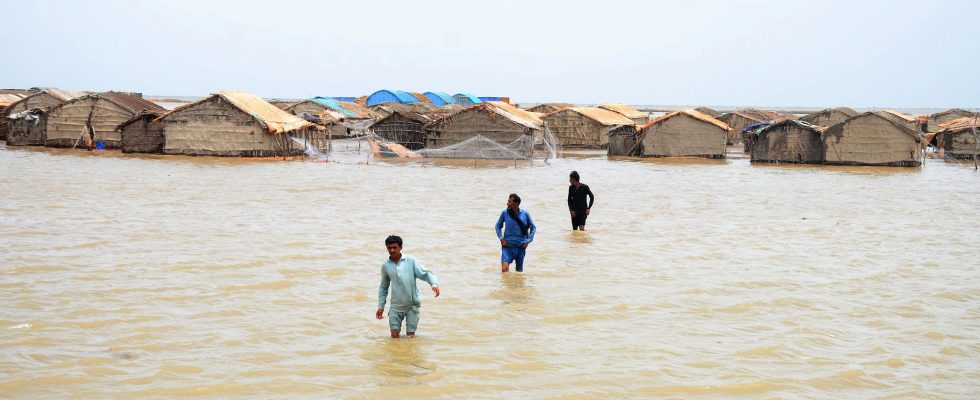A few percent. This is the share that major European and American investors devote to developing countries. Investments in Southern countries remain marginal, hampered by the perception of high risk, unaccommodating regulations and an excessively low appetite for risk. However, it is in the emerging countries that the success of the fight against climate change will be largely determined. The countries of the South indeed combine considerable needs to ensure the prosperity of their populations, and a vital need to adapt to the consequences of climate change of which they are the first victims. Faced with this, the public policies of the countries of the North remain focused on their territories and on the competitiveness of their economies. Whether in the European Green Deal, or in an even more caricatural way in the Inflation Reduction Act of the United States, public funds are mainly earmarked for the countries of the North.
The Summit for a new financial pact will attempt to provide solutions to this crucial issue in order to reinvent the international financial political system. How to respond to both development needs and the climate crisis? How to reinvent the international development aid mechanisms, born after the Second World War, and which are no longer adapted to the problems of our time? Above all, how can we move from a logic of aid and subsidies to that of a partnership including not only public donors, but also and above all private financiers?
Mixed financing to attract private investors
In order to respond to these development needs and the climate crisis, innovative mechanisms must be deployed. First, blended finance, blended finance in English, consisting of the use of public financing instruments to help attract private financing could help meet the needs of climate change mitigation. Thus, multilateral development banks and international financial institutions have a crucial role to play in attracting much greater private capital. The latter can provide technical assistance, help develop projects, improve the institutional capacity of governments and strengthen local currency bond markets to broaden the range of international investors. However, this blended finance needs to be done on a larger scale. This requires a global and coordinated effort from multilateral financial institutions, governments and the private sector.
Let’s stop considering the financing of adaptation and the fight against climate change in emerging countries solely through the prism of official development assistance! Faced with massive needs, it is urgent to combine public and private funding to increase investment tenfold and demonstrate that it is possible for the private sector to play a key role in these countries. It is a necessity but also a responsibility that we have. Faced with a certain capture of wealth and raw materials, used mainly to feed the insatiable consumption of our northern economies, we must also think about a more positive contribution in the countries which are the first to be affected by climate change.
Need for a reliable carbon market
Similarly, innovative financing based on the voluntary carbon market can attract more capital to climate change mitigation and nature protection and restoration. Voluntary carbon markets allow carbon emitters, in addition to their essential reduction efforts, to partially offset their residual emissions by financing projects aimed at eliminating or reducing greenhouse gases from the atmosphere. and thus generating carbon credits. But if we want this market to develop with integrity and efficiency, it must be structured around reliable and transparent international standards, shared by all players, investors, companies and States. Thus, other nature-based initiatives and solutions, such as biodiversity certificates, may also develop.
More generally, it is crucial that private financiers become aware of their essential role in the general interest. This is even truer for those who claim to be “sustainable investors”. The reallocation of financial flows must be done from our carbon-based economy to a carbon-neutral economy that respects planetary limits, but also from developed countries to emerging countries.
Philippe Zaouati, managing director of the asset management company Mirova
